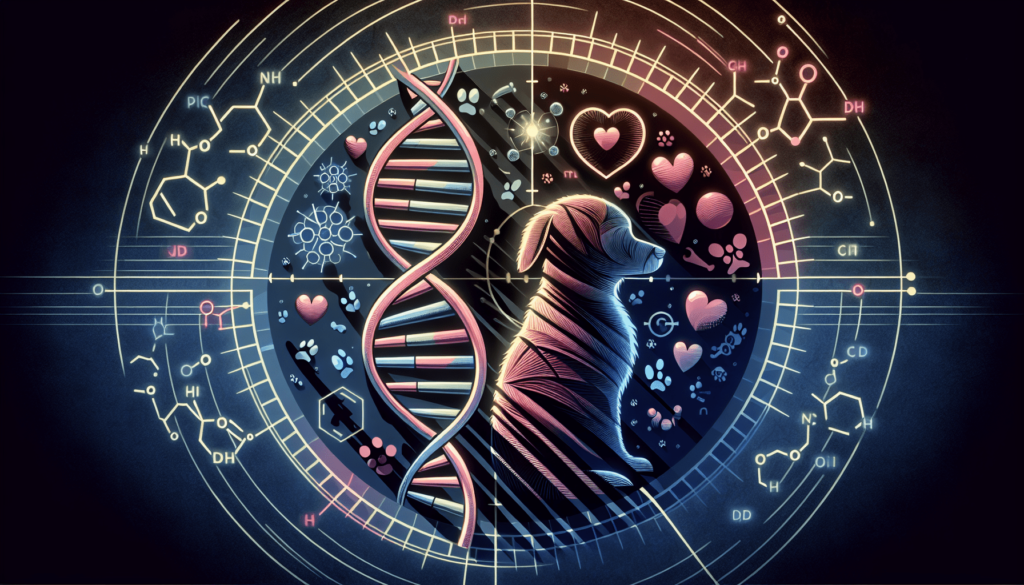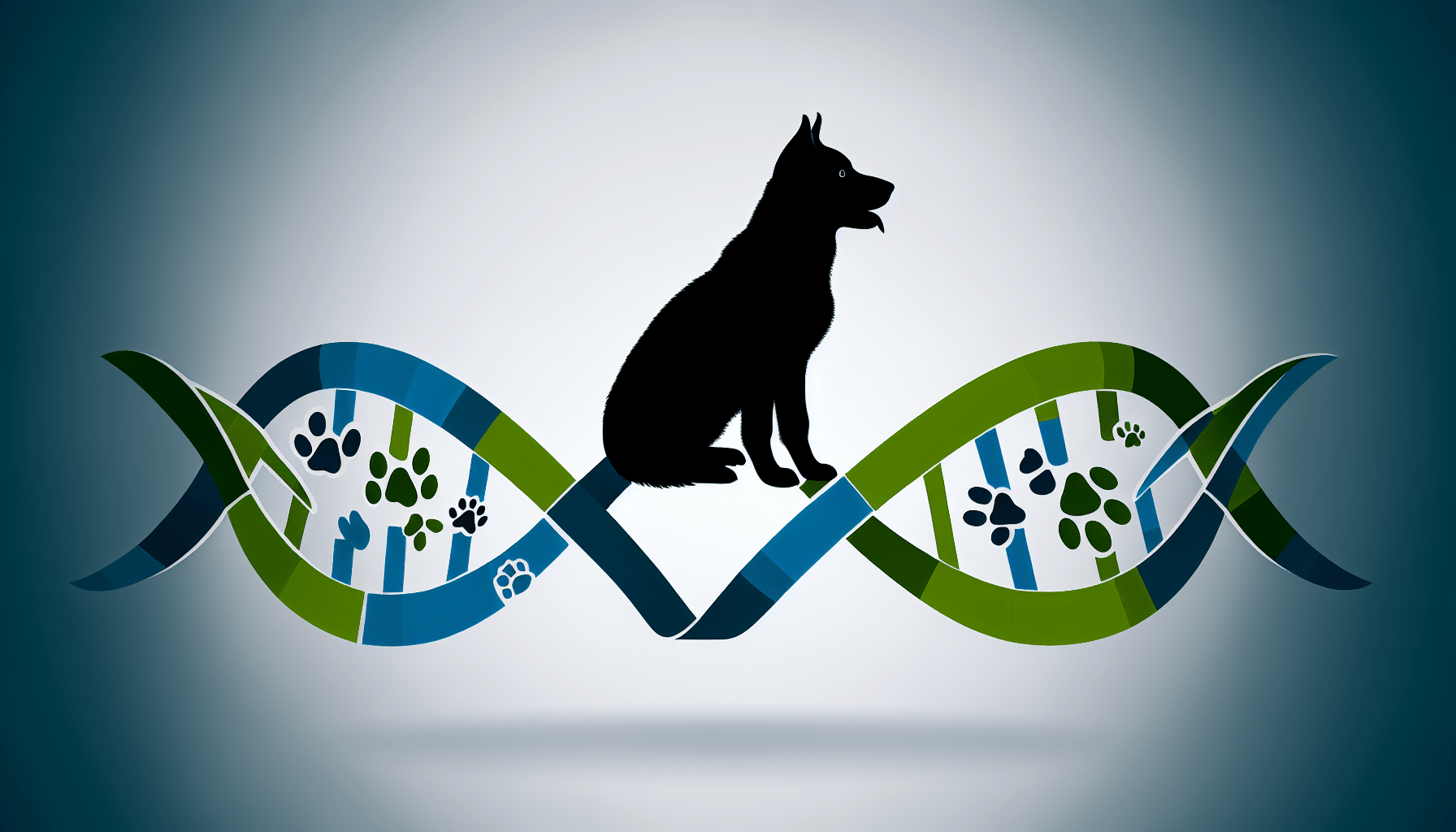Welcome to an exploration of the philosophy behind pet cloning! Have you ever wondered about the ethical implications and emotional significance of cloning your furry friend? In this article, we will delve into the complex moral and existential questions surrounding pet cloning. From the concept of identity to the concept of love, we will examine the various perspectives and arguments that shape the debate on pet cloning. Join us on this thought-provoking journey to better understand the philosophical implications of replicating your beloved pet. Have you ever wondered about the ethics and morality behind pet cloning? Whether you’re considering cloning your beloved pet or just curious about the process, this article will explore the philosophy behind pet cloning and help you understand the implications of this controversial practice.
The Science of Cloning
Cloning is the process of creating an identical genetic copy of an organism. In the case of pet cloning, scientists use a somatic cell from the original animal to create a clone. This somatic cell is fused with an egg cell that has had its nucleus removed, resulting in an embryo that is then implanted into a surrogate mother. The surrogate carries the clone to term, giving birth to a genetically identical copy of the original pet.
How does pet cloning work?
Pet cloning begins with the collection of a somatic cell from the original animal. This cell contains the complete genetic information of the pet. The nucleus of the somatic cell is then inserted into an egg cell that has had its nucleus removed, creating an embryo. The embryo is then implanted into a surrogate mother where it develops into a clone of the original pet.
Ethical Considerations
The practice of pet cloning raises several ethical considerations. Some critics argue that cloning is a form of playing “God” and goes against the natural order of life. Others are concerned about the welfare of the surrogate mothers who carry the cloned embryos. Additionally, there are questions about the psychological impact on the cloned animal and the original pet owner.
Is pet cloning ethical?
The ethics of pet cloning are a subject of debate among scientists, ethicists, and animal welfare advocates. While some argue that cloning is a violation of nature and raises concerns about animal welfare, others believe that pet owners have the right to seek comfort and closure through cloning their beloved pets. It is important to consider the ethical implications of pet cloning before making a decision.

The Cost of Pet Cloning
Pet cloning is a complex and expensive process that can cost tens of thousands of dollars. The high cost of pet cloning is due to the complexity of the procedure and the expertise required to carry it out successfully. In addition to the financial cost, there are also emotional and psychological costs associated with cloning a pet.
How much does pet cloning cost?
The cost of pet cloning varies depending on the species of the animal and the cloning service provider. On average, pet cloning can cost anywhere from $50,000 to $100,000 or more. This high cost includes the collection of genetic material, the cloning procedure, and the care of the surrogate mother. It is important to consider the financial implications of pet cloning before deciding to pursue this option.
The Psychological Impact of Pet Cloning
Cloning a pet can have a profound psychological impact on both the cloned animal and the original pet owner. For the cloned animal, there may be feelings of confusion and identity crisis as they navigate their existence as a genetic copy of another being. For the original pet owner, there may be a mix of emotions, including joy at seeing their pet “live on” and guilt for trying to replace the original pet.
How does pet cloning affect the cloned animal?
Cloned animals may experience psychological and emotional challenges as they navigate their existence as genetic copies of another being. They may struggle with issues of identity and individuality, wondering if they are truly unique or just a copy of another living being. It is important for pet owners to consider the psychological well-being of the cloned animal before deciding to clone their pet.

The Importance of Genetic Diversity
One of the main concerns surrounding pet cloning is the impact it can have on genetic diversity. Cloning results in animals that are genetically identical, which can lead to a lack of genetic diversity within a population. This lack of diversity can increase the risk of health problems and reduce the overall resilience of the species.
Why is genetic diversity important?
Genetic diversity is essential for the long-term survival and health of a species. It allows animals to adapt to changes in their environment and provides a buffer against disease and other threats. Cloning creates a population of animals that are all genetically identical, which can increase their vulnerability to environmental changes and reduce their ability to survive and thrive.
The Future of Pet Cloning
As technology advances and our understanding of genetics grows, the future of pet cloning remains uncertain. While some pet owners see cloning as a way to preserve the memory of their beloved pets, others are concerned about the implications of manipulating the natural order of life. It is important for society to continue to have open and honest conversations about the ethics and morality of pet cloning.
What does the future hold for pet cloning?
The future of pet cloning is likely to be shaped by advancements in technology, changes in public opinion, and ethical considerations. As scientists continue to refine and improve the cloning process, we may see a decrease in the cost and complexity of pet cloning. However, it is important for society to carefully consider the implications of pet cloning and ensure that ethical guidelines are in place to protect the welfare of animals involved.
In conclusion, the philosophy behind pet cloning is a complex and nuanced subject that raises questions about ethics, morality, and the natural order of life. Whether you are considering cloning your pet or simply curious about the process, it is important to educate yourself about the implications of pet cloning and make an informed decision. By weighing the costs, ethical considerations, and psychological impacts of pet cloning, you can better understand the philosophy behind this controversial practice and determine if it is the right choice for you and your beloved pet.

